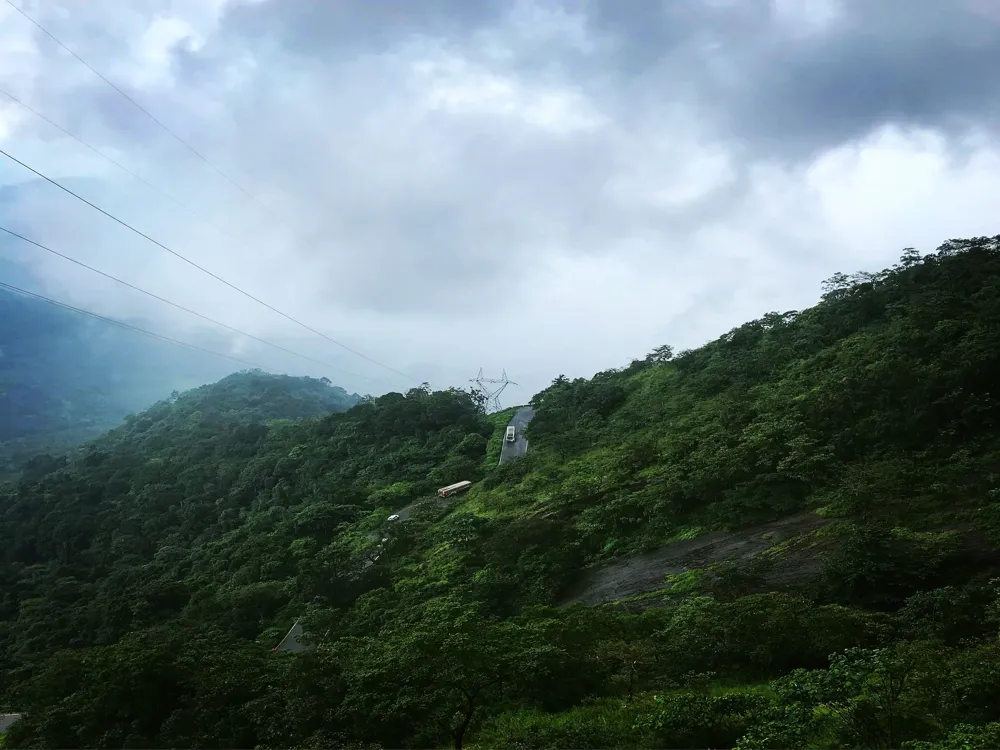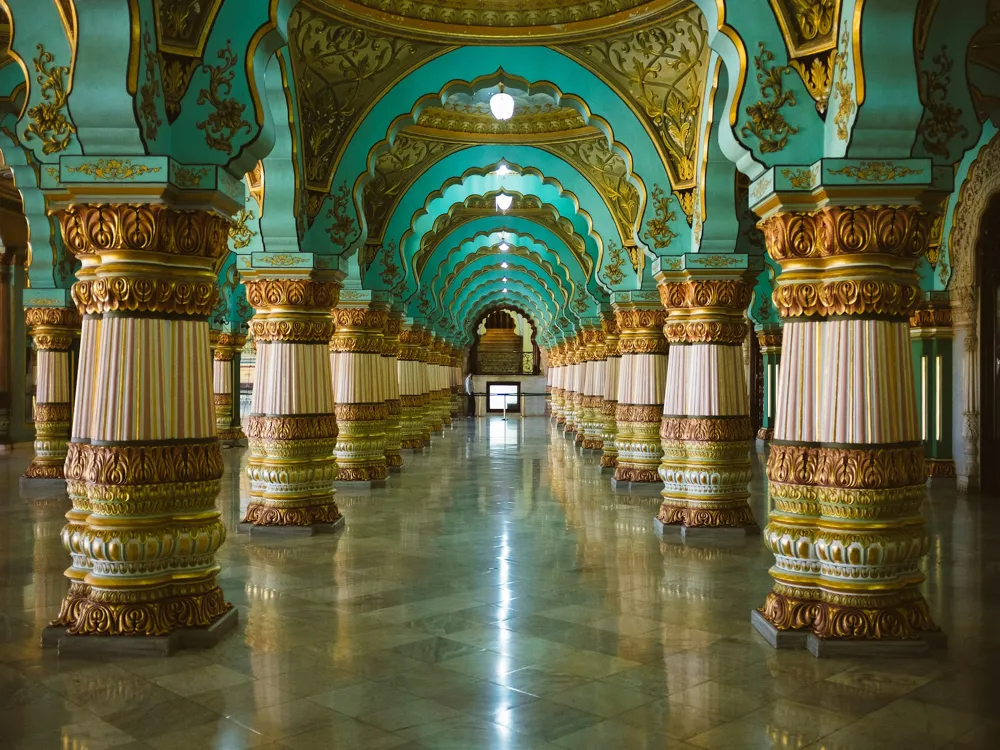The Kerala Institute for Research, Training, and Development Studies of Scheduled Castes and Tribes (KIRTADS) is a significant cultural institution located in Kozhikode, Kerala. Established with the aim of preserving and promoting the rich and diverse cultural heritage of the Scheduled Castes and Tribes in Kerala, KIRTADS serves as a vital center for research, documentation, and dissemination of knowledge related to these communities. The institute is not just a repository of cultural artifacts but also functions as a dynamic space for the study and appreciation of the social, economic, and cultural aspects of tribal and marginalized communities in Kerala. At KIRTADS, visitors can explore a vast collection of traditional tools, utensils, costumes, and musical instruments, each narrating a unique story about the life and culture of the tribal communities. The institute also conducts numerous research projects, documenting the languages, traditions, and practices of these groups, thereby contributing to the preservation of their cultural identity. Furthermore, KIRTADS plays a critical role in the upliftment and empowerment of the Scheduled Castes and Tribes by implementing various educational and developmental programs tailored to their needs. The significance of KIRTADS extends beyond its role as a cultural center. It serves as a bridge connecting the past with the present, offering insights into the evolution of tribal communities in Kerala. Through its extensive library, publications, and interactive sessions, KIRTADS provides an invaluable resource for researchers, students, and anyone interested in understanding the rich tapestry of Kerala's tribal heritage. The institute's commitment to cultural preservation coupled with its focus on research and education makes it a unique and essential institution in Kerala's cultural landscape. The architecture of KIRTADS is a harmonious blend of traditional Kerala style and modern design elements, reflecting the institute's philosophy of respecting heritage while embracing progress. The buildings are designed to complement the natural surroundings, with ample use of local materials like laterite stone and wood, which not only adds to the aesthetic appeal but also ensures sustainability. The layout of KIRTADS is thoughtfully planned to facilitate easy access to its various sections like the museum, library, research wings, and administrative areas, while also providing serene spaces for reflection and learning. One of the most striking features of KIRTADS's architecture is its museum, which is designed to mimic the natural habitat of tribal communities. The museum's structure is an artistic representation of tribal dwellings, with thatched roofs and mud-plastered walls, providing an immersive experience for visitors. The use of natural light and ventilation in the museum showcases an intelligent blend of traditional wisdom and modern architectural practices. The museum's interior is meticulously organized, with displays and exhibits arranged to take visitors on a chronological journey through the history and culture of Kerala's tribal communities. The administrative and research sections of KIRTADS boast of contemporary design, equipped with state-of-the-art facilities to support the institute's research and educational activities. These buildings, while modern in their functionality, are aesthetically aligned with the traditional architectural ethos of Kerala, featuring intricate wood carvings, terracotta tiles, and landscaped courtyards. The integration of open spaces, gardens, and water bodies within the campus adds to the tranquil atmosphere, making KIRTADS not just a place of learning but also a retreat for the mind and soul. When visiting KIRTADS, it's crucial to be mindful of the cultural sensitivities of the tribal communities represented. Dress modestly, avoid loud conversations, and be respectful when viewing exhibits. Before planning your visit, check the latest timings and entry fees. KIRTADS may have specific visiting hours and days, and it's best to confirm these details in advance. Participate in interactive sessions or workshops if available. These sessions are often conducted by experts and provide deeper insights into the tribal cultures and traditions of Kerala. KIRTADS is situated in Kozhikode, a major city in Kerala well-connected by air, rail, and road. The nearest airport is the Calicut International Airport, from where you can hire a taxi or take a bus to reach KIRTADS. If traveling by train, Kozhikode Railway Station is the closest, and from there, local transportation like auto-rickshaws and buses are readily available to take you to the institute. For those driving, KIRTADS is easily accessible through major roads and highways connecting to Kozhikode. It's advisable to use GPS navigation for precise directions. Read More:Overview of KIRTADS in Kozhikode, Kerala
Architecture of KIRTADS
Tips When Visiting KIRTADS
Respect the Cultural Sensitivities
Check the Timings and Entry Fees
Engage with Interactive Sessions
How To Reach KIRTADS
KIRTADS
Kozhikode
Kerala
₹ 16,000 onwards
View kozhikode Packages
Kozhikode Travel Packages
View All Packages For Kozhikode
Top Hotel Collections for Kozhikode

Private Pool

Luxury Hotels

5-Star Hotels

Pet Friendly
Top Hotels Near Kozhikode
Other Top Ranking Places In Kozhikode
View All Places To Visit In kozhikode
View kozhikode Packages
Kozhikode Travel Packages
View All Packages For Kozhikode
Top Hotel Collections for Kozhikode

Private Pool

Luxury Hotels

5-Star Hotels

Pet Friendly






















